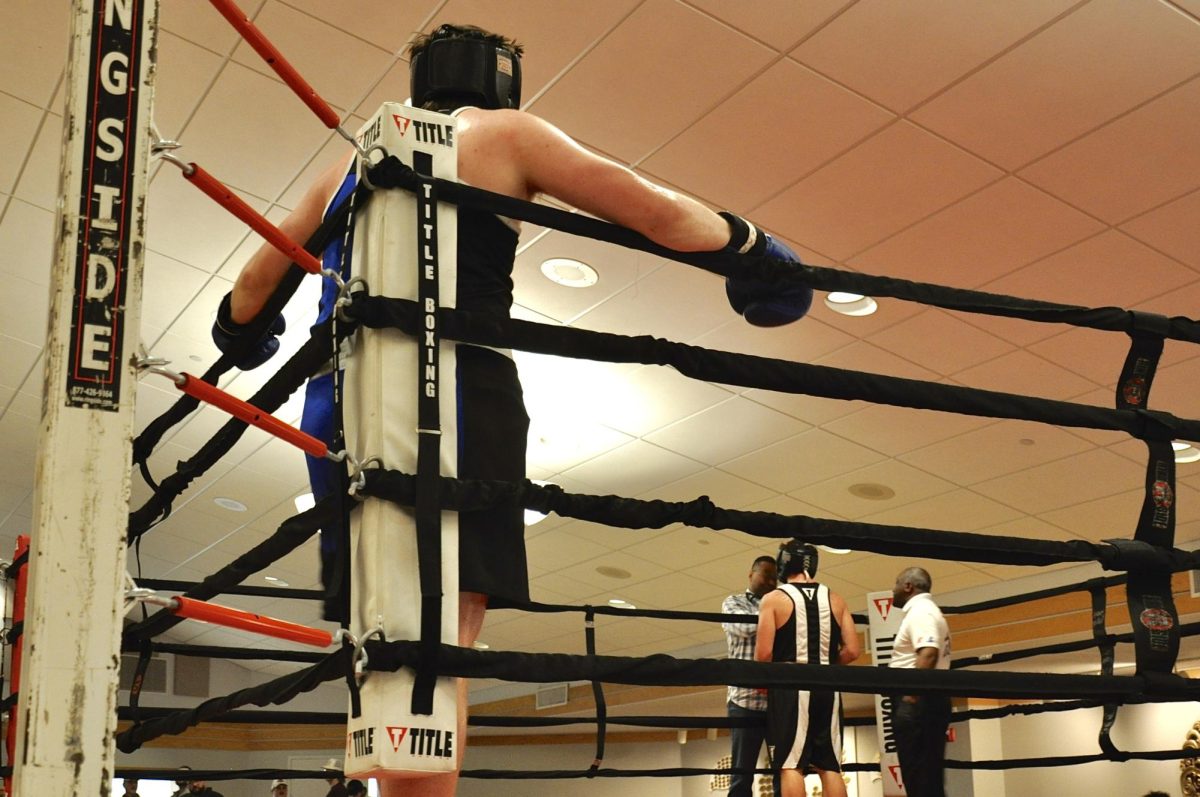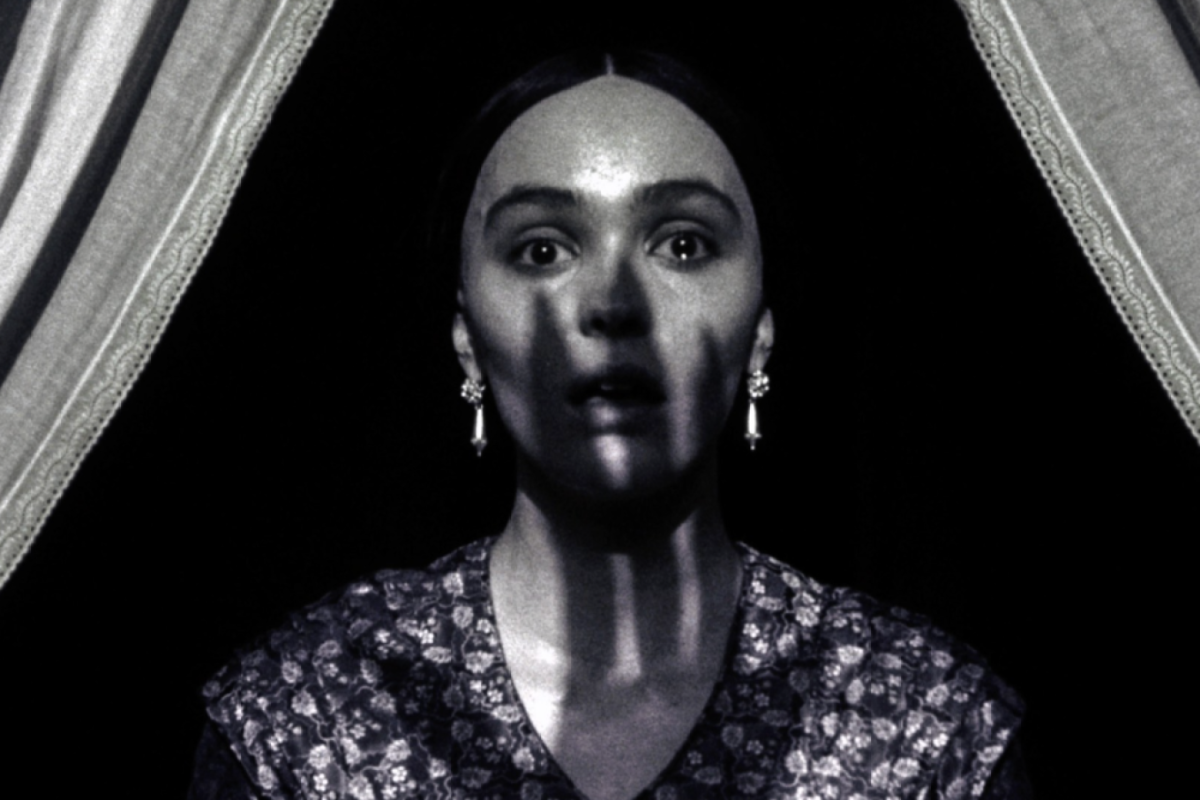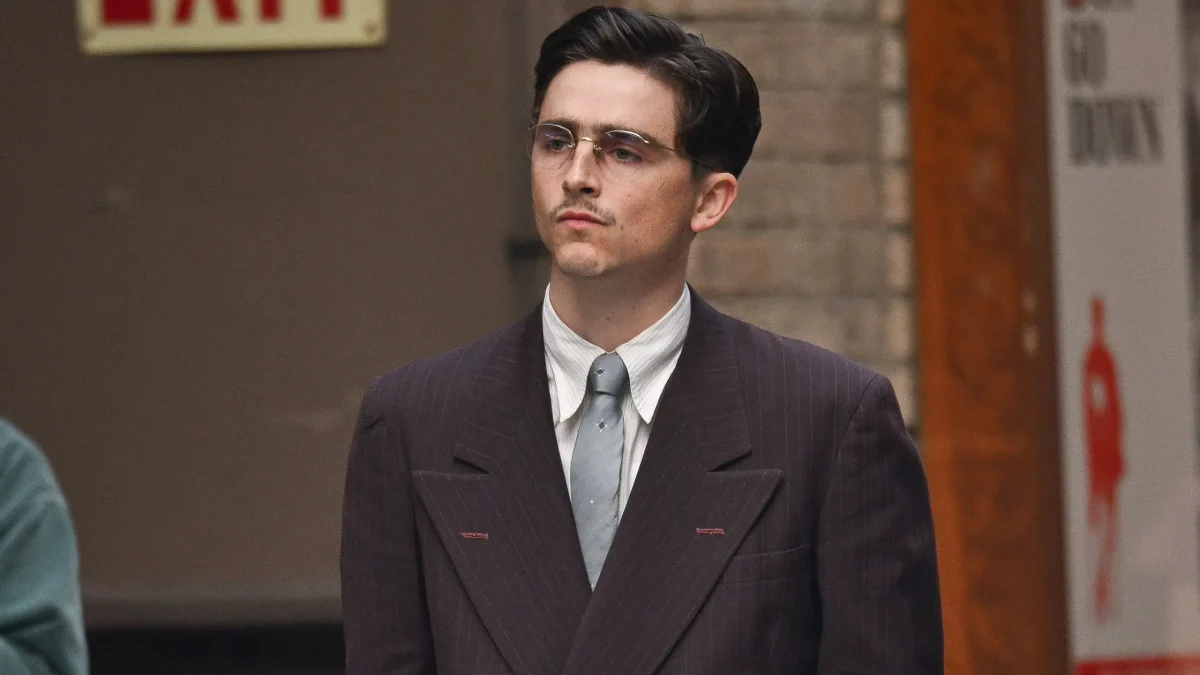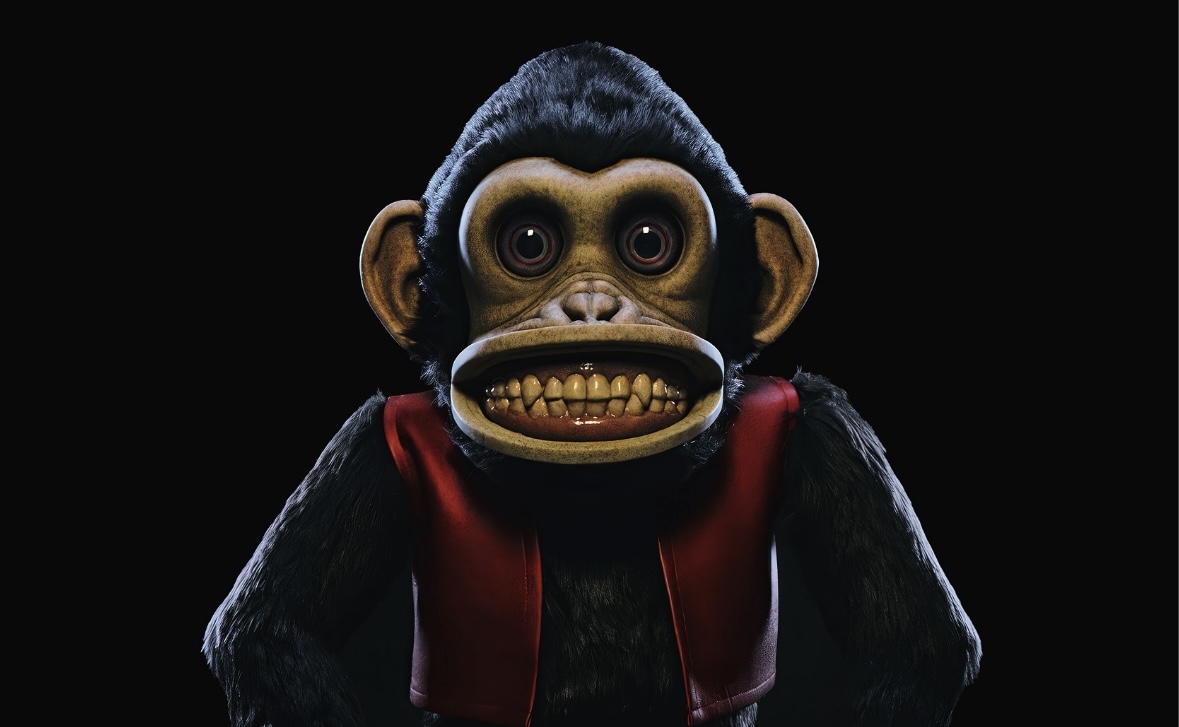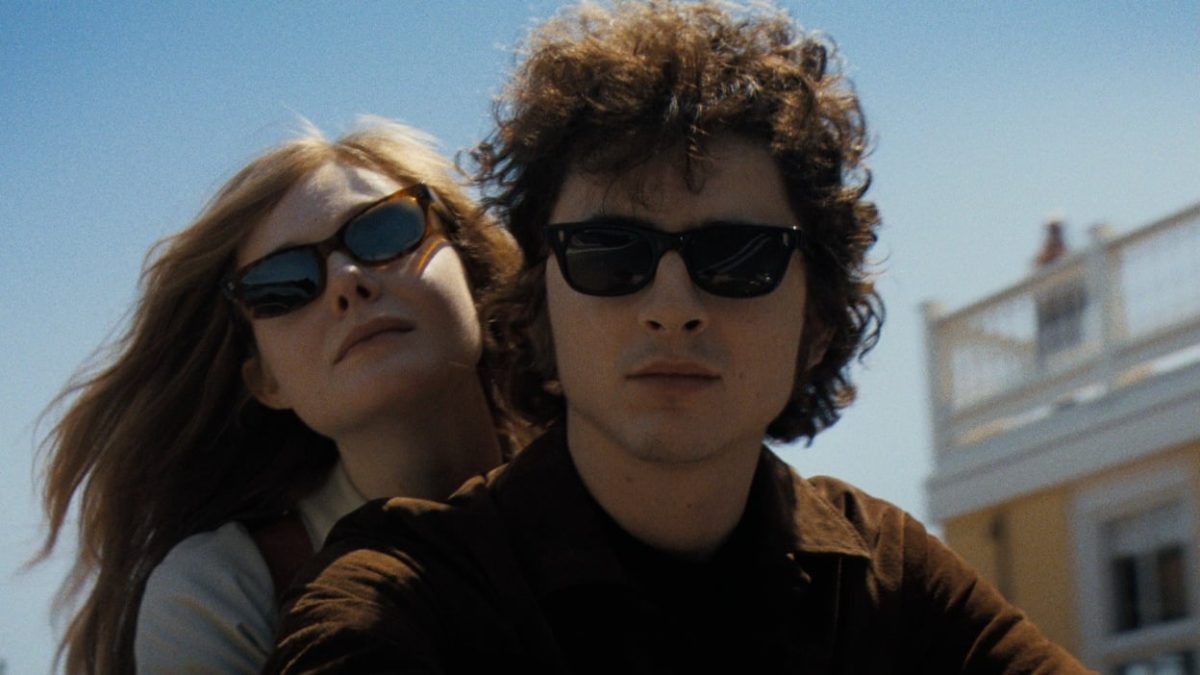After 2007’s flop Grindhouse, many wondered if the Pulp Fiction director’s latest effort, Inglourious Basterds could live up to Tarantino’s previous works and still manage to be a commercial hit. After opening number one at the box office amongst general praise from critics and audiences alike, the answer seems to be a resounding yes.
Billed as a World War II “spaghetti western” of sorts, Inglorious Basterds is, in short, fun, suspenseful, clever and incredibly satisfying. From Austrian actor Christoph Waltz’s brilliant turn as “Jew hunter” Nazi Col. Hans Landa, to the shocking, unpredictable finale (which may be the best material Tarantino has put to film yet), Basterds is not only the best film of the year so far, it also shows that the director still can make a damn good movie.
Basterds deceptively appears to be a movie about Lt. Aldo Raine (Brad Pitt, The Curious Case of Benjamin Button), a crass Southerner leading a group of Jewish American soldiers (known to the Germans as the ‘Basterds’) against Nazis in World War II. Though this certainly was a part of the film, there is a lot more to it. Basterds is also a tale of espionage, deceit and revenge in Nazi-occupied France.
The main focus of the story is a young Jewish girl of French descent, Shosanna Dreyfus (played by the beautiful French actress, Mélanie Laurent), who escaped as her family was massacred by Landa and his men years earlier. She now owns a theatre in Paris and has caught the eye of a German war hero turned actor, Frederick Zoller (Daniel Brühl, The Bourne Ultimatum), who insists his new film, Nation’s Pride, be premiered at her theatre for the Nazi high command. With Nazi bigwigs ranging from Joseph Goebbels to Adolf Hitler himself expected to be in attendance, Shosanna forms a plan (with help from the “Basterds”) to kill each and every last Nazi at the showing.
All this being said, Inglourious Basterds is also a “movie about movies.” QT really makes a point to show his love of cinema through the various characters and situations. Tarantino doesn’t hide his ego here, with lines in the film like “the French respect directors” and the hilarious closing scene where Raine quips, after he commits an act I can’t spoil, “I think this is my masterpiece.” Tarantino wears his views on his sleeve here and is often winking at the audience through hthe film.
Of course, the film isn’t perfect (though fairly close), and there are parts of the movie that somewhat drag, not surprising with the film’s 153 minute runtime. Though most of the time, the movie is gripping and keeps you completely involved. Tarantino once again shows that he is the master of dialogue here, and the actors and actresses all deliver with knockout performances.
Waltz and Laurent are the true stars here, but Diane Kruger (Troy) proves to be much more comfortable speaking in her native tongue as German actress Bridget von Hammersmark, Brad Pitt hams it up (to audiences delight) as Lt. Raine, and even director-turned actor Eli Roth and “The Office” star B.J. Novak surprise as two members of the Basterds. Other noticeable players include Michael Fassbender, Til Schweiger and Jacky Ido.
And what would a Tarantino film be without great music? He uses music from Italian composer Ennio Morricone (known best for doing the music for The Good, the Bad, and the Ugly) contributing to the films “spaghetti western” feel. Standing out among the rest of the eclectic soundtrack is David Bowie’s “Cat People,” which is superbly intercut with a pivotal scene featuring Shosanna and Marcel (Ido) preparing for the German film premiere.
Inglourious Basterds is the type of movie that restores one’s faith in mainstream cinema, then again, what else would one expect from a film featuring narrations from Samuel L. Jackson?




